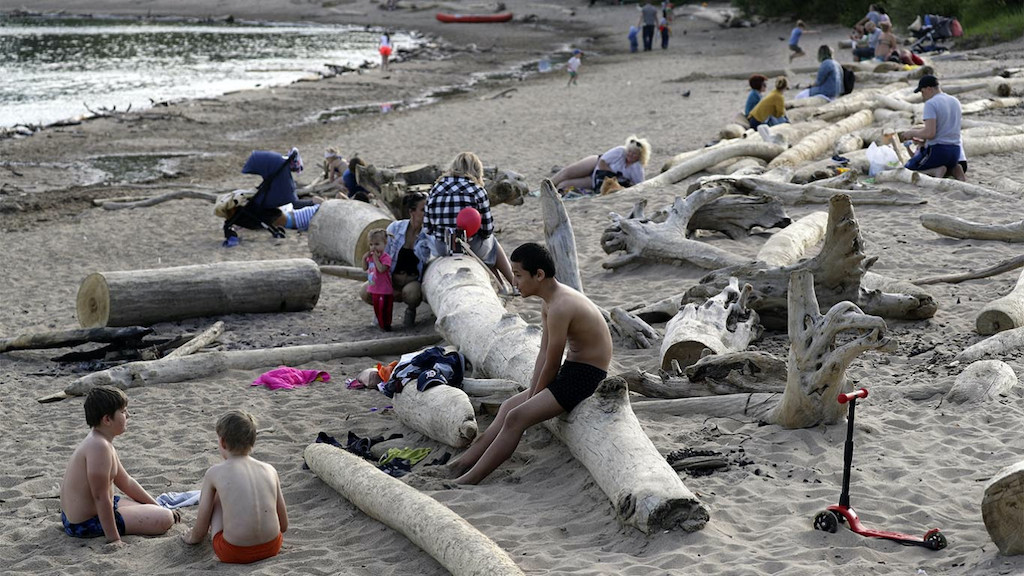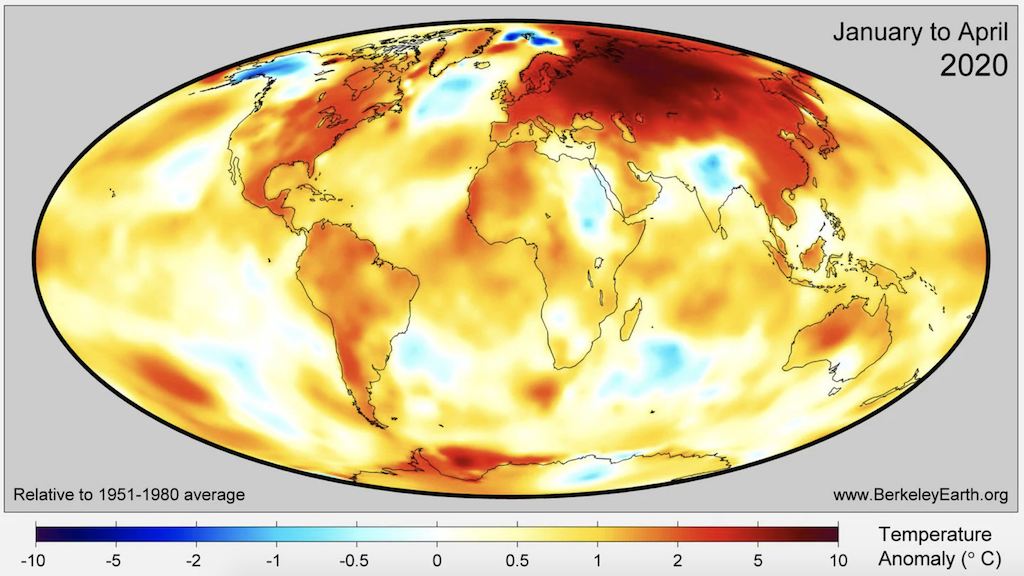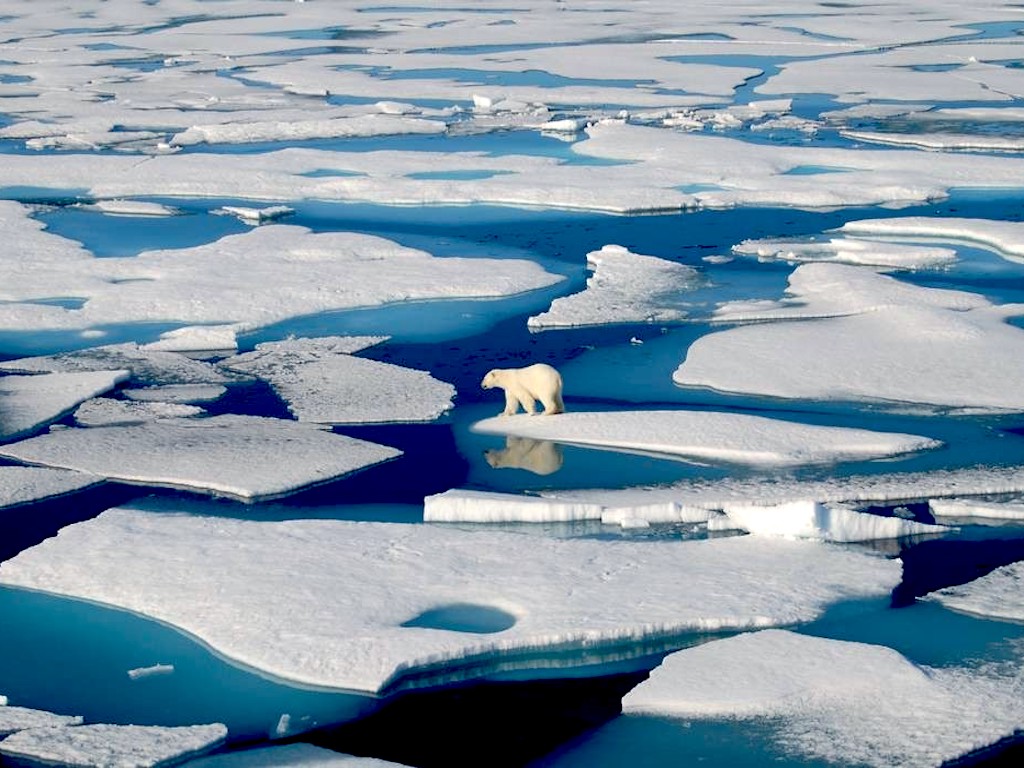3 Mins Read
In the last week of May, parts of the Arctic Circle recorded temperatures on par with the average monthly temperature in Hong Kong. North Central Siberia, for instance, saw temperatures climb as high as 26 degrees Celsius. Scientists have raised concerns about thawing Arctic permafrost that will release stored greenhouse gases, further accelerating the rate of global heating.
Siberia is swept up in a heat wave that would be considered warmer than usual even by those outside of the Arctic Circle in the northern hemisphere. Washington, for instance, saw temperatures hovering around 15 degrees Celsius while several stations in Northern Central Siberia recorded temperatures above 26 degrees Celsius. For comparison, that’s on par with the average temperatures in Hong Kong for the month of May, which ranges between 24.1 to 28.4 degrees Celsius.
On Friday (May 22), the town of Khatanga saw temperatures reach above 25 degrees Celsius. On a typical day, the maximum temperature for this region sits right at 0 degrees Celsius, the freezing point of water.
This isn’t just some random event – scientists say that temperatures have been inching higher and higher every year as global heating continues unabated. This year has seen record-highs in Antarctica in the middle of February, again reaching similar temperatures as that of Hong Kong’s in the same period.
Already, the heat in Siberia is having a disastrous impact on Arctic ecosystems, and risks setting off a series of dangerous climate events. Snow has dissipated unusually quickly due to large Siberian wildfires that raged across the region last year, and sea ice cover in Central Siberia is beginning to melt more and at a faster rate than normal.
“Although Siberia is known for wild temperature swings, the persistence and magnitude of warmth over the region so far this year has been astonishing,” said Zack Labe, graduate student at the University of California at Irvine who researches Arctic climate change, in conversation with the Washington Post.
“We can already see this reflected in snow cover data, as there are large negative departures of snow extent stretching across the entire Siberian coast of the Arctic,” he said.

Scientists say that this could mean the thawing of Arctic permafrost – the permanently frozen soil located across the Arctic region that stores massive amounts of carbon dioxide and other greenhouse gases. Once melted, these gases will be unlocked and released into the atmosphere in a process called “carbon feedback”, exacerbating what is already a severe climate crisis.
Owing to these feedbacks which is already beginning to happen due to melting ice, the Arctic as a whole is now warming at double the rate of the rest of the planet.
Climate impacts are also being felt in regions much further away, including the Asia-Pacific. Even small increases in warming could lead to the collapse of ice shelves, glaciers melting and ultimately, sea-level rise. According to some of the most up-to-date projections, 300 million people will be experiencing annual coastal flooding by 2050 as a direct result of sea-level rise, many of whom are in Asia.

The IPCC report on the state of our cryosphere suggests that this annual flooding will cost cities as much as 1000 times what it currently costs governments today, making climate change not only a physically threatening phenomenon, but a hugely expensive one too.
The shocking temperatures recorded in the Arctic Circle should serve as a wake up call for the world that action can no longer be delayed.
As some parts of the world prepare to recover from the coronavirus pandemic, it is vital that governments place carbon reduction at the heart of its rebuilding efforts in order to sustain humanity on earth and avoid yet another global disaster.
Lead image courtesy of Adrienne-Tivy.




